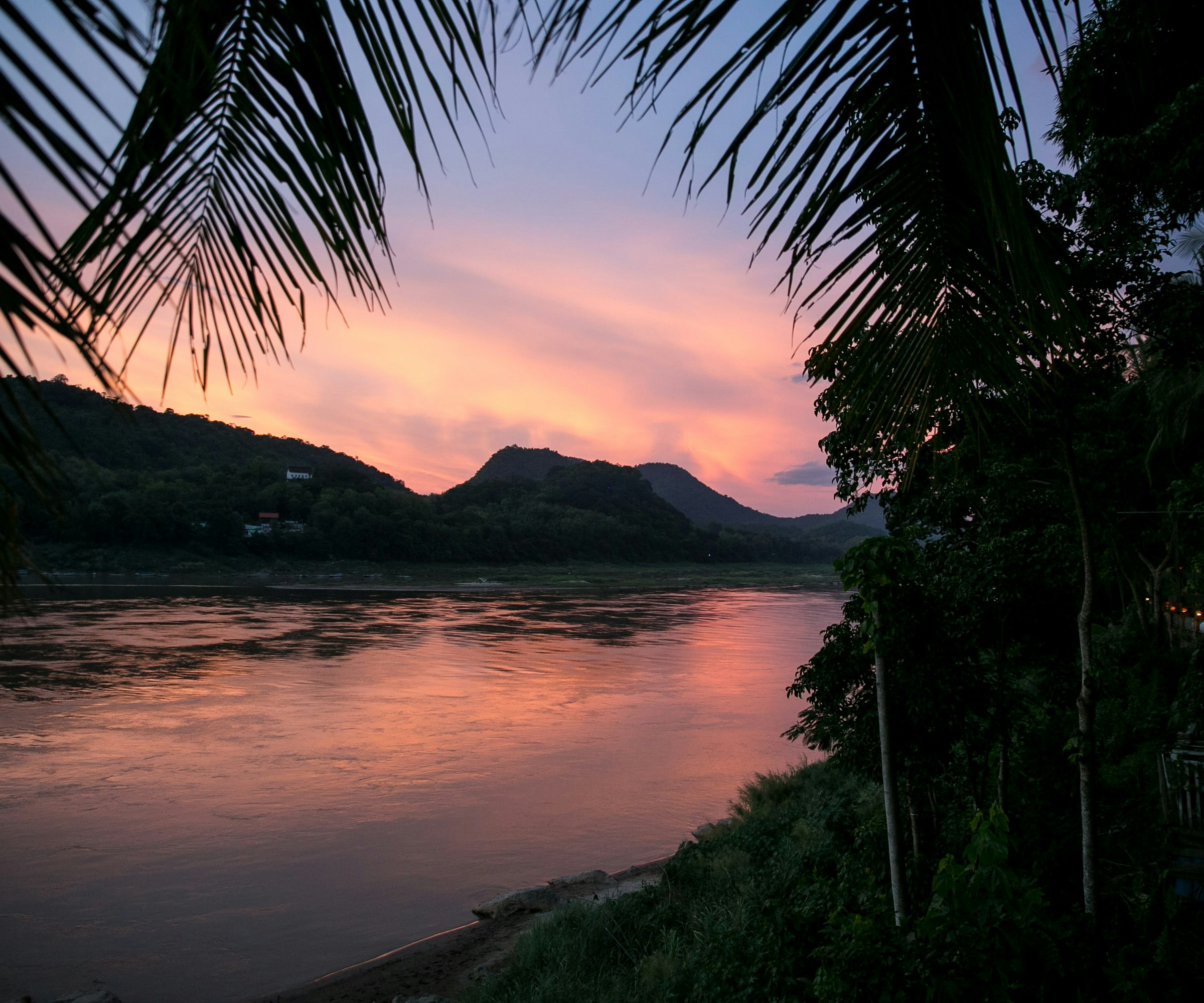Mongolia 2015 | Laos and Thailand 2016
When I sent my family the message, my cousin and I were on the way to Laos for the first leg of a six-week, two-program trip. I told them that we were safe, tired, and excited about the weeks to come. I also told them I was transgender, I had always been their son/brother/nephew/etc., and that I loved them. That is still the scariest position I have ever purposefully placed myself in.
I am not going to tell my coming-out story in the traditional sense. By no means was it an easy coming out, but in many ways it was a privileged one. In the four-ish years since then, the people in my circle have done a whole lot of growing.

What I experienced earlier on is an important part of my history, but the growth and learning and integration of new concepts says more about the character of my loved ones than the beliefs that they were raised to hold.
I recognize now that a text message at 3am (home time) is not the gentlest way to tell family and friends something so personal and intense, but I am grateful to have gone through that time with the support of my Rustic leaders and groupmates.
Rustic talks a lot about gaining independence, but what I learned was the importance of interdependence. Ability, disability, difficulties, strengths–we each are a composite of history and present, each of us needing help and each of us with help to offer.
I didn’t have to go through all that alone. Even though they didn’t know what was going on, my group was just there for me, no matter who “I” was.
 Some of my one-on-one talks with group leaders and group mates were also very influential on the way I try to move through the world now. They had struggled through things I never would have guessed, and had worked through and around those struggles in really clever ways.
Some of my one-on-one talks with group leaders and group mates were also very influential on the way I try to move through the world now. They had struggled through things I never would have guessed, and had worked through and around those struggles in really clever ways.
One of the most important conversations was when a group leader approached me to work out a solution for a way in which our needs seemed incompatible– and we did it! For him to admit his own struggle as well as acknowledging mine, and being so confident that we could find a solution that worked for both of us is something that has made me a better man.
That’s interdependence and acceptance at its finest; everyone has specific needs, everyone’s needs are important, and as a community we can figure out how to get every individual’s needs met.
Rustic fosters an environment of safety and acceptance without ever stating it outright. The focus on acknowledging and appreciating the differences in each culture, letting awe and confusion coexist, while remaining in a space free of value-judgements helped me to accept myself.
Within a single country, beneath the broader culture there were countless smaller communities each with their own ways of being, none which were intrinsically more valuable or morally sound than the others. That’s true back home, too. The communities I belong to, including the trans and LBGT+ communities, are equally as culturally rich and beautiful.
The Present
Because I skipped a couple of grades, I graduated with my B.A. in anthropology shortly after my final Rustic trip. I began to work at the LA LGBT Center’s Jeffrey Goodman Special Care clinic, utilizing and developing the cultural competence skills that had been greatly supplemented by my Rustic trips.
I am still working at the clinic part time, and I am back in school completing my pre-med courses. I would love to eventually return to some of the countries I have visited with Rustic as part of a Doctors Without Borders or Peace Corps-type program, ideally with the opportunity to learn about the different ways of healing, treating, and living with different illnesses and conditions in different cultures.
I observed some of these differences on my trips, and I think that in addition to just me personally, the western medical field in general has a lot to gain from a more open exchange of knowledge.
